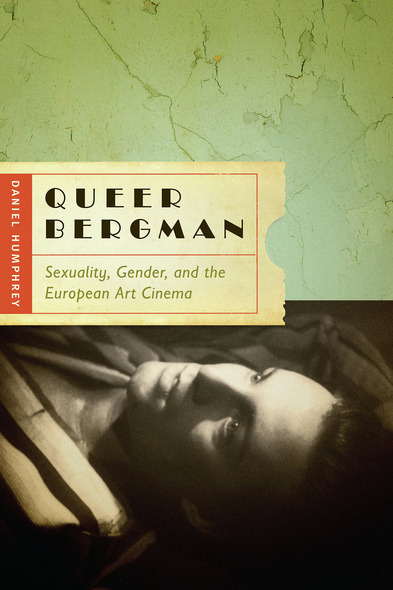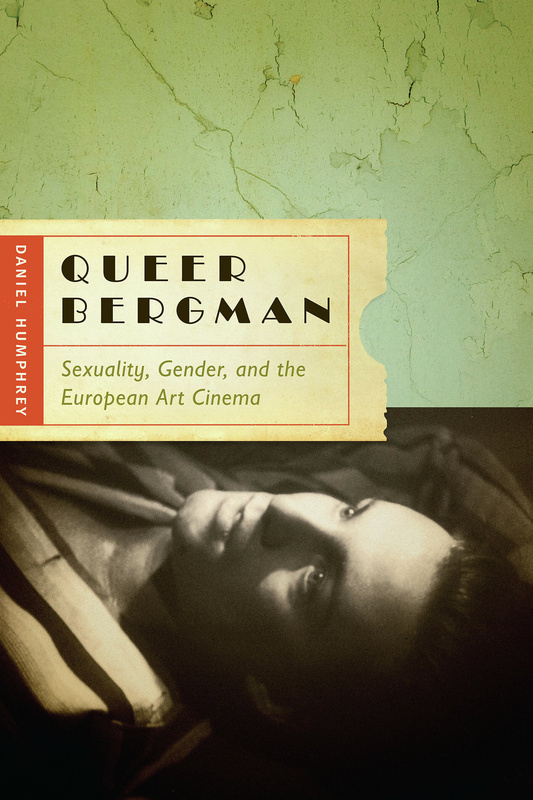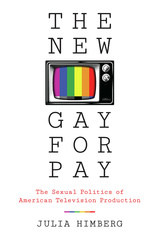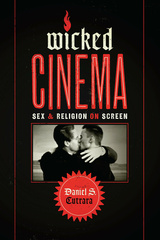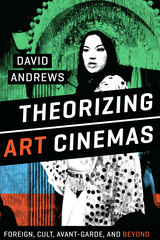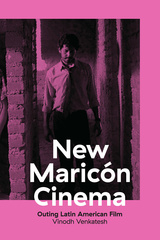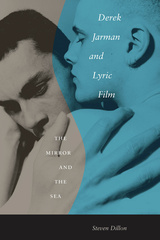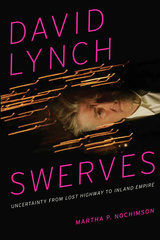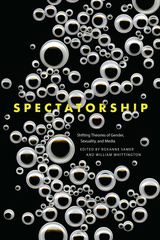Our shopping cart is currently down. To place an order, please contact our distributor, UTP Distribution, directly at utpbooks@utpress.utoronto.ca.
Queer Bergman
Sexuality, Gender, and the European Art Cinema
One of the twentieth century’s most important filmmakers—indeed one of its most important and influential artists—Ingmar Bergman and his films have been examined from almost every possible perspective, including their remarkable portrayals of women and their searing dramatizations of gender dynamics. Curiously however, especially considering the Swedish filmmaker’s numerous and intriguing comments on the subject, no study has focused on the undeniably queer characteristics present throughout this nominally straight auteur’s body of work; indeed, they have barely been noted.
Queer Bergman makes a bold and convincing argument that Ingmar Bergman’s work can best be thought of as profoundly queer in nature. Using persuasive historical evidence, including Bergman’s own on-the-record (though stubbornly ignored) remarks alluding to his own homosexual identifications, as well as the discourse of queer theory, Daniel Humphrey brings into focus the director’s radical denunciation of heteronormative values, his savage and darkly humorous deconstructions of gender roles, and his work’s trenchant, if also deeply conflicted, attacks on homophobically constructed forms of patriarchic authority. Adding an important chapter to the current discourse on GLBT/queer historiography, Humphrey also explores the unaddressed historical connections between post–World War II American queer culture and a concurrently vibrant European art cinema, proving that particular interrelationship to be as profound as the better documented associations between gay men and Hollywood musicals, queer spectators and the horror film, lesbians and gothic fiction, and others.
Daniel Humphrey’s Queer Bergman is an elegantly written and persuasively argued piece of scholarship. It is an important contribution to the fields of cinema and queer studies. Long not a fan of Bergman—and precisely for the academic reasons Humphrey lays out in his work—I now find myself wishing to return to the director’s work with the new critical lens through which this book focuses. Humphrey’s reading of Freud’s Three Essays is particularly nuanced and provides an important theoretical contribution to queer theory and film studies. Indeed, with Queer Bergman the old theoretical chestnuts that Bergman’s persona (as it were ) and films have come to exemplify will quite likely not carry the same weight they once had. Given the lively writing style—concise and wonderfully dramatic—the book should find a wide readership among queer scholars, film scholars, and cinephiles.
Truly fascinating and well argued. This book adds yet another hitherto un-known intriguing piece of the Bergman puzzle.
Daniel Humphrey is Assistant Professor of Film Studies and Women’s and Gender Studies at Texas A&M University. He has published articles in Screen, GLQ, Post Script, and elsewhere; serves on the editorial board of the online journal Invisible Culture; and has worked as a film programmer for George Eastman House and ImageOut: The Rochester Lesbian and Gay Film and Video Festival.
- Acknowledgments
- Introduction. Ingmar Bergman and the Foreign Self
- Chapter One. "Foreign and Refreshing": The Art Cinema's Queer Allure
- Chapter Two. The Cultural Construction of a Cold War Auteur: Discourse and Counterdiscourse
- Chapter Three. The Uncanny Undefined
- Chapter Four. Staring Down Gender: "Caught Between the Shame of Looking and the Shame of Being Ashamed to Do So"
- Conclusion
- Notes
- Bibliography
- Index

